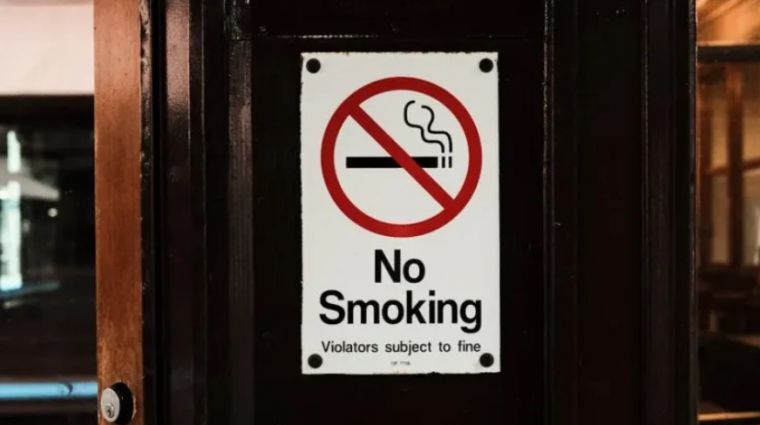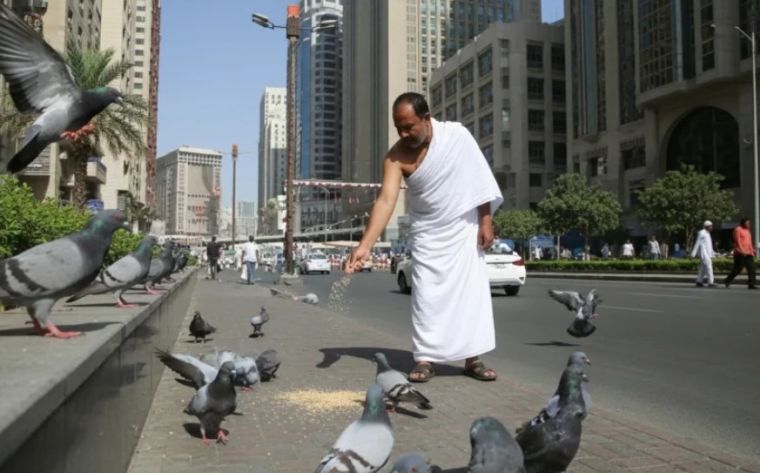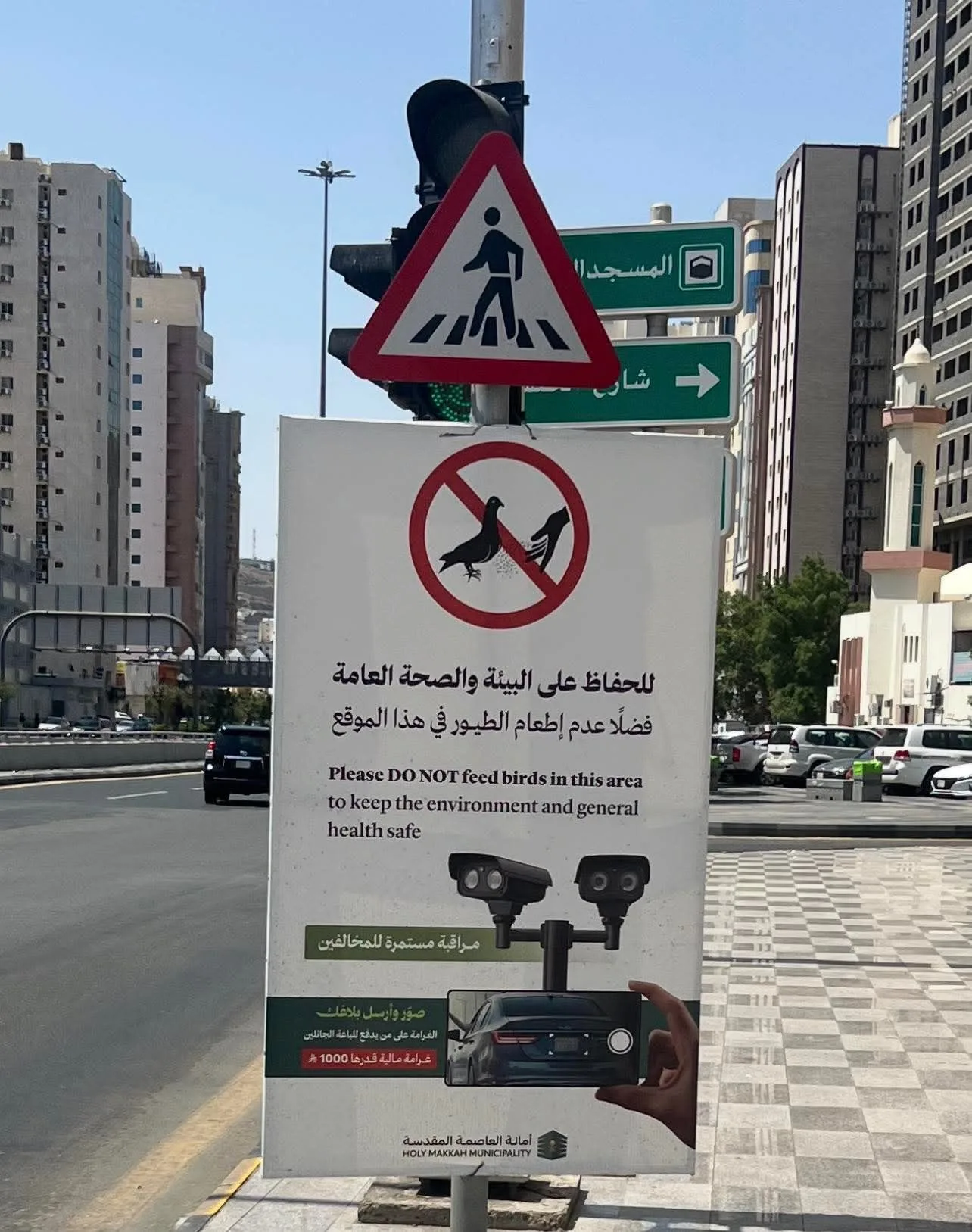Tashkent city



Saudi Arabia has implemented a ban on tobacco shops operating within 500 meters of mosques and schools, according to new guidelines from the Ministry of Municipalities and Housing.
The measures aim to safeguard public health, ensure legal compliance, and maintain orderly business environments in urban areas.
The regulations affect all stores selling tobacco products, including cigarettes, shisha, and e-cigarettes. Shop owners must possess valid commercial registration, Civil Defense approval, and full compliance with municipal licensing laws.
Stores must occupy at least 36 square meters within commercial buildings, with additional local municipality conditions possible.
Exterior signage cannot display logos or promotional materials - only the store name. Operations require security cameras indoors and outdoors, adherence to hygiene standards, electronic payment options, and prohibited sidewalk use.
All tobacco products must meet Saudi Food and Drug Authority standards, feature clear warning labels, and be sold in sealed packages. Vending machines, price reductions, gifts, and product testing are forbidden.

The Secretariat of the Holy Capital has implemented a strict ban on feeding pigeons in Mecca and Medina, with violators facing fines of 1,000 Saudi riyals.
The new regulation, announced to protect public health and maintain environmental cleanliness in Islam’s two holiest cities.
The secretariat has established continuous monitoring programs to enforce the ban and is encouraging citizens and visitors to participate in reporting violations.
Individuals can photograph offenders and submit evidence to local police, creating a community-based enforcement system.

Officials cite concerns about disease transmission, property damage, and environmental pollution as primary reasons for the prohibition.
The initiative represents the latest in a series of measures to enhance urban quality and public health standards in the holy cities, which host millions of pilgrims annually.
Previous regulations have addressed street vending, waste management, and public behavior to preserve the sanctity and cleanliness of the religious sites.
Municipal officials emphasized that the ban particularly targets areas around the Grand Mosque and Prophet’s Mosque, where large pigeon populations have historically gathered due to public feeding.